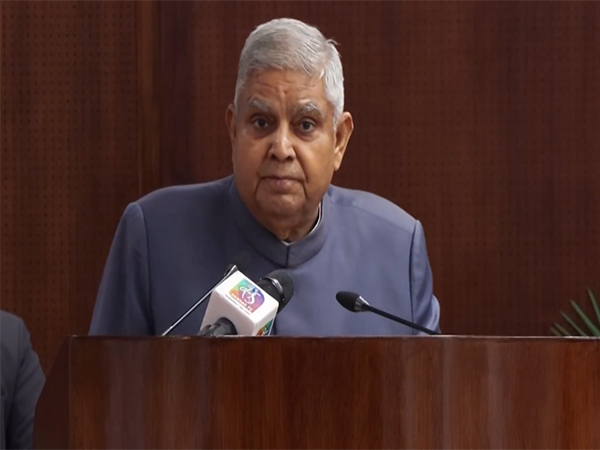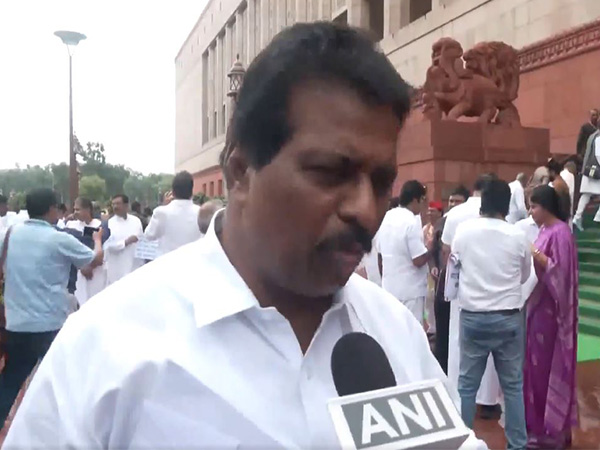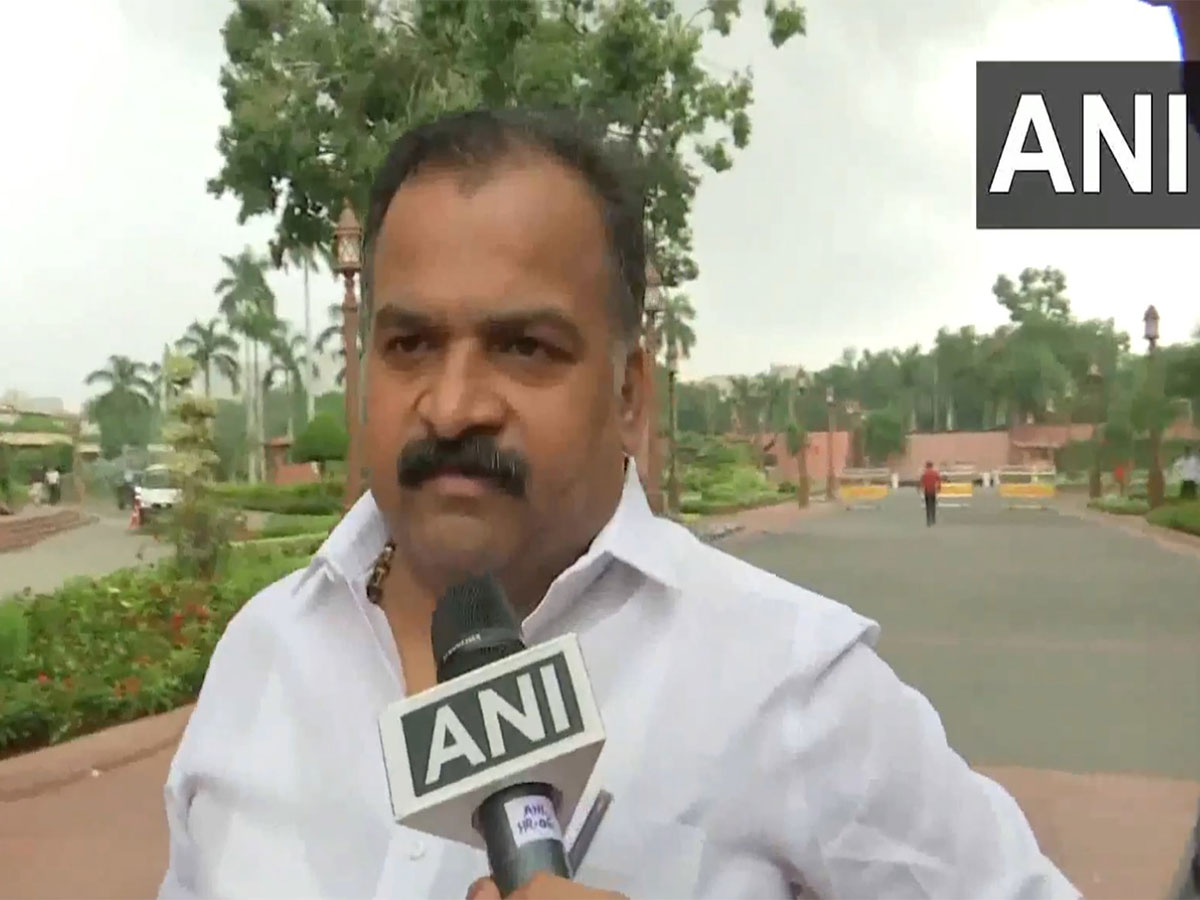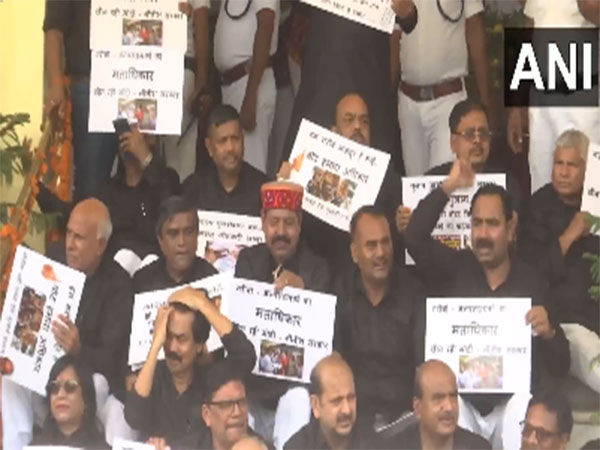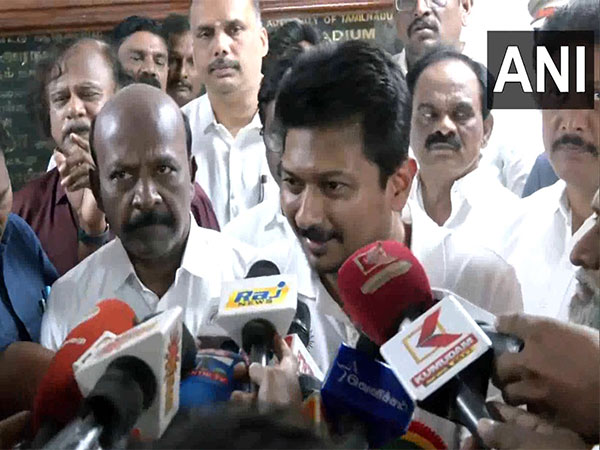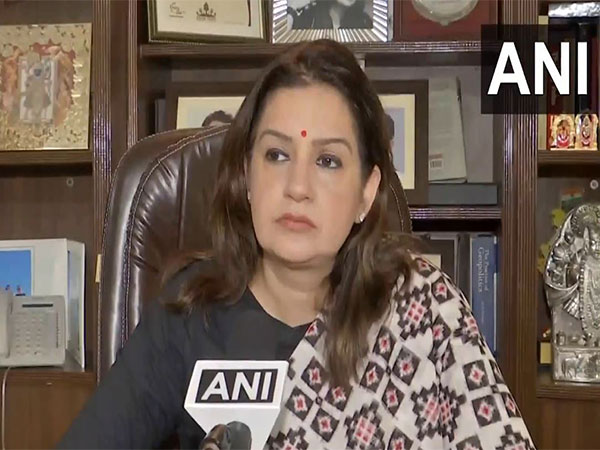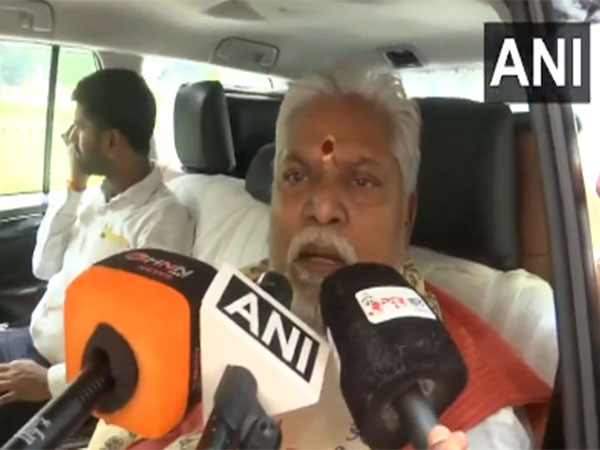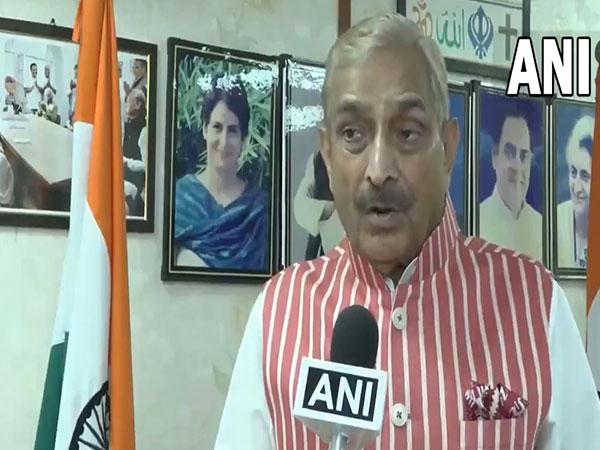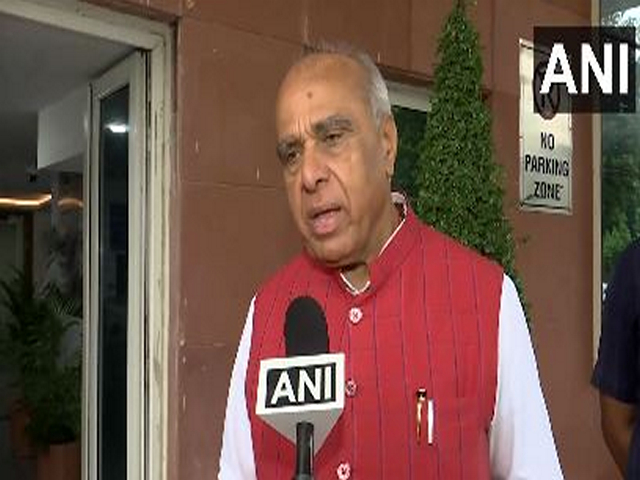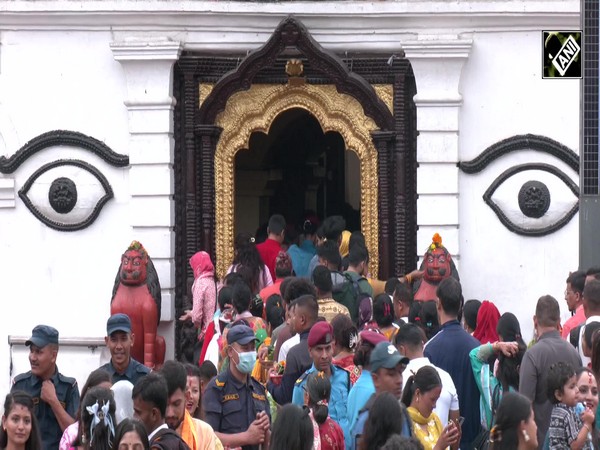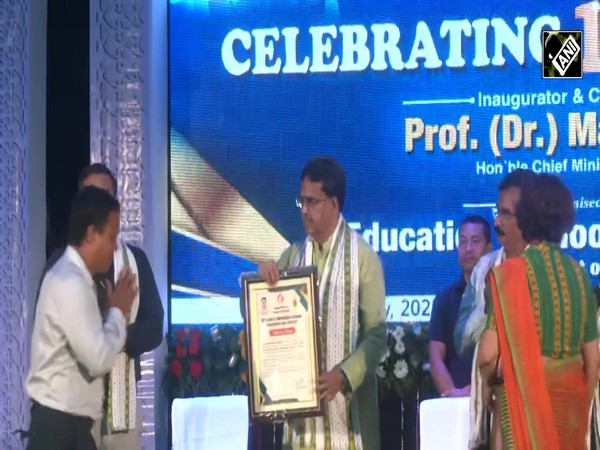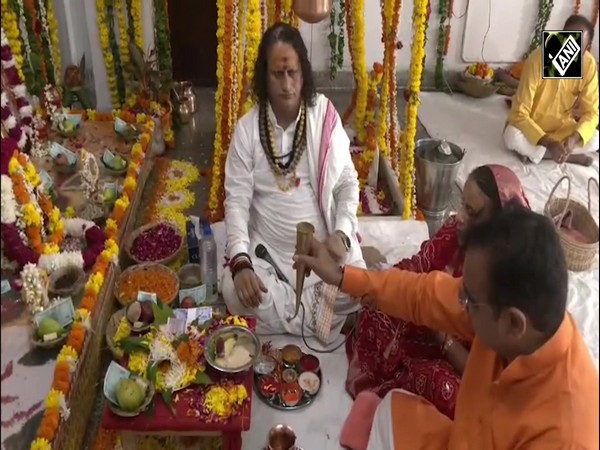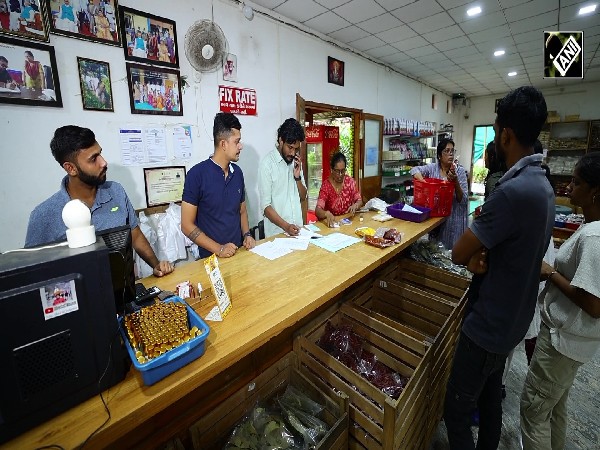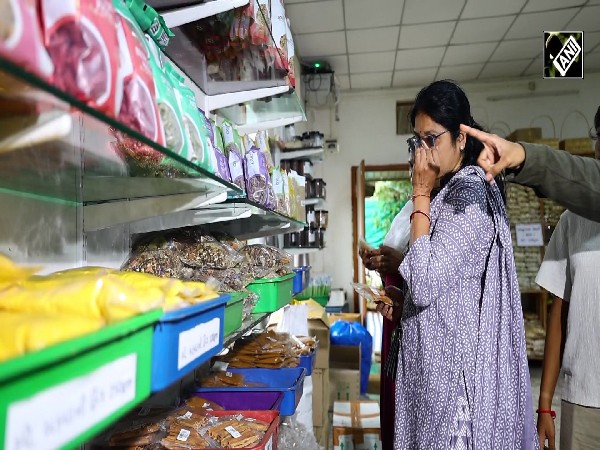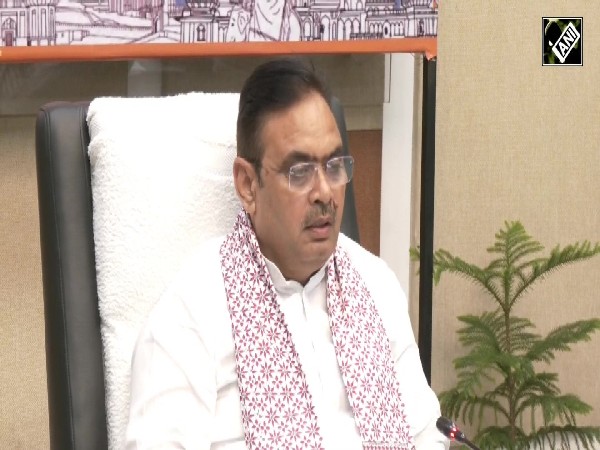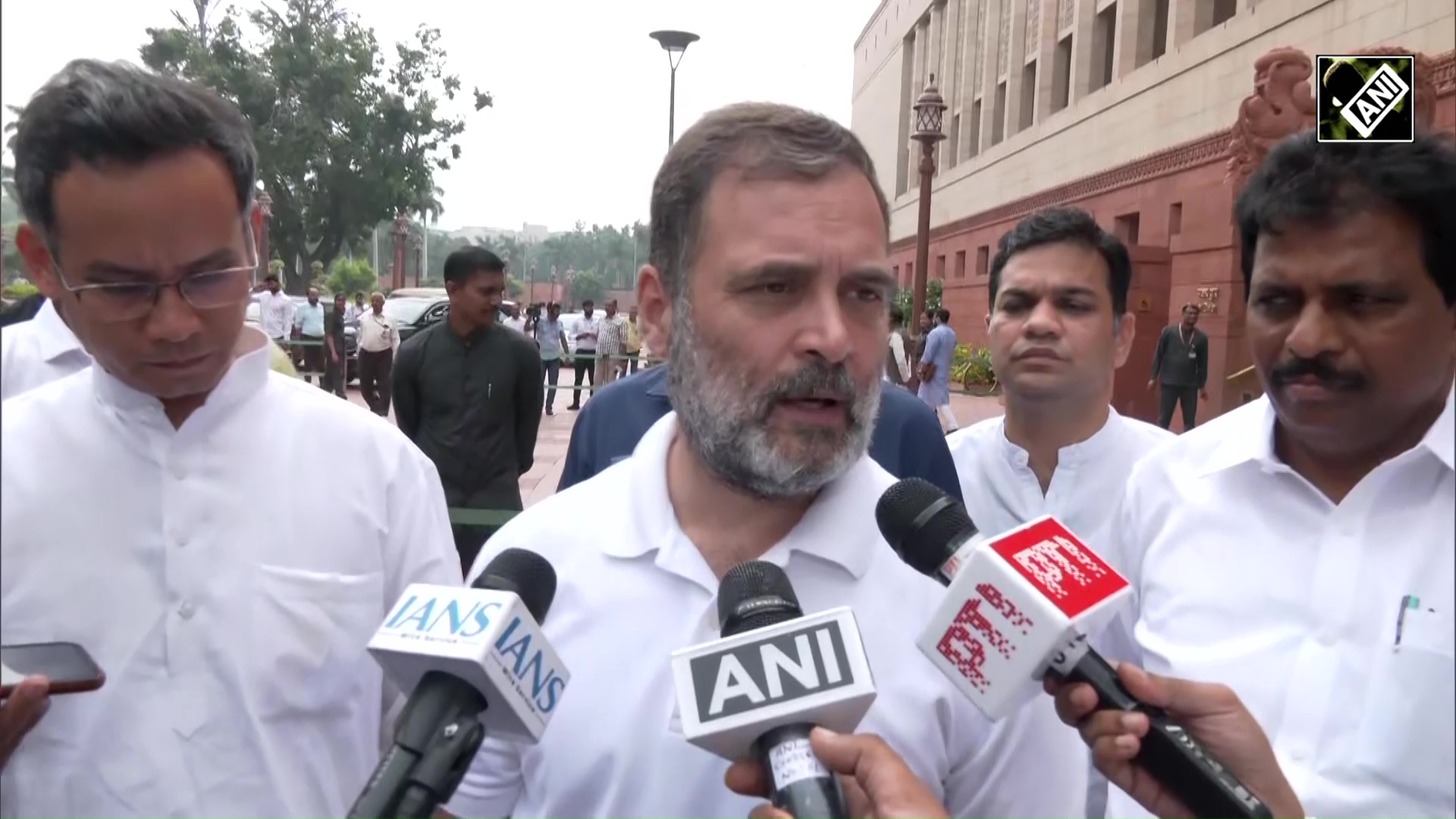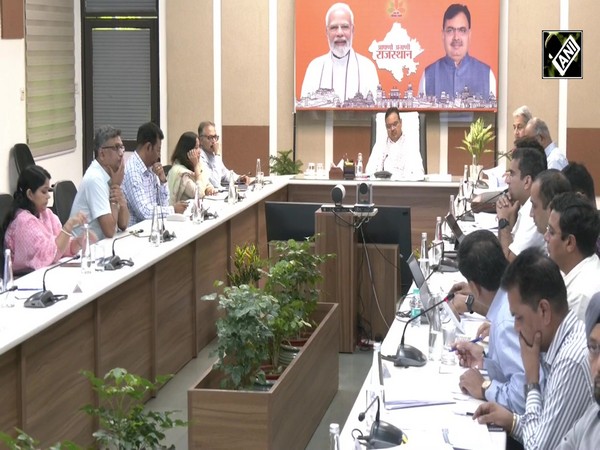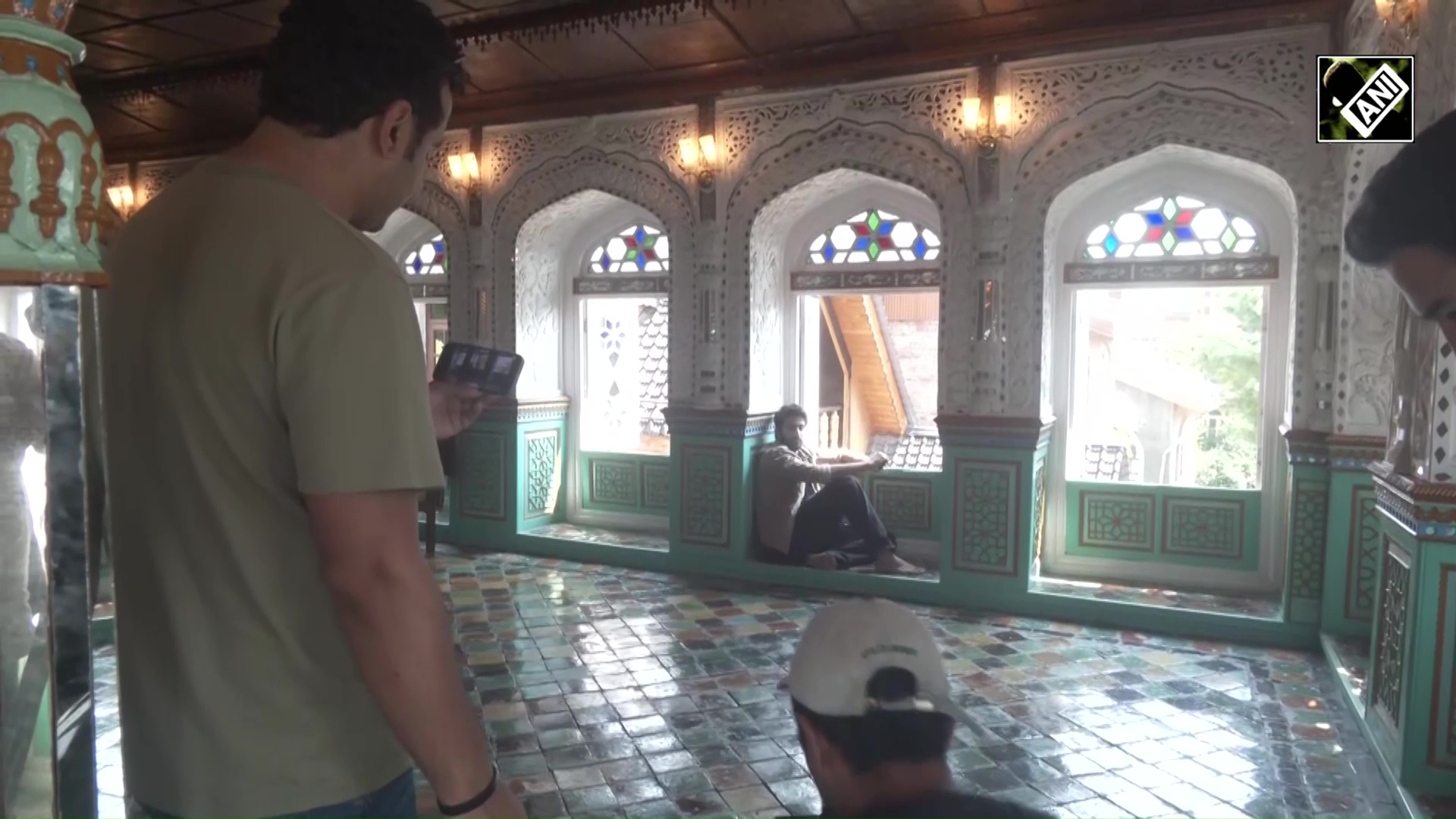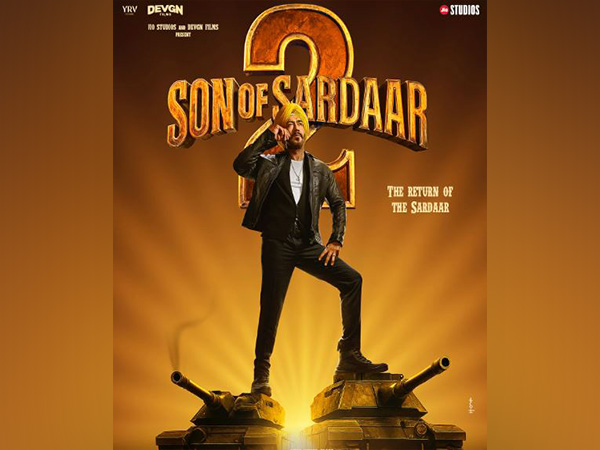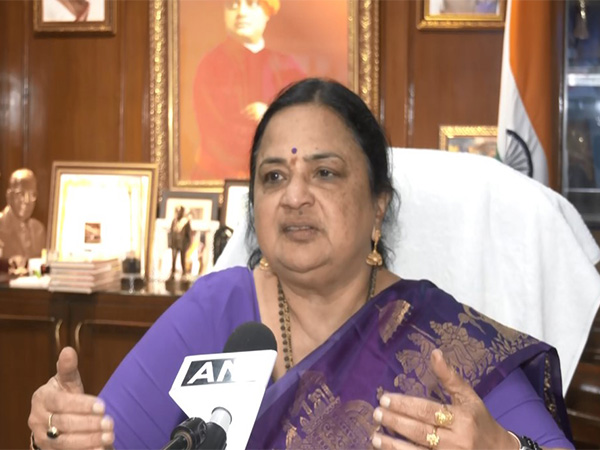
Mother tongue first; language not an instrument of hatred: JNU VC amid Marathi row
Jul 21, 2025
By Vishu Adhana
New Delhi (India), July 21 : Amid a growing row over languages in Maharashtra, Jawaharlal Nehru University Vice Chancellor Santishree Dhulipudi Pandit on Monday said the mother tongue should be the first language one learns, while cautioning that language should not be used as an instrument of "hatred or superiority".
Speaking to ANI, Pandit -- who taught at Savitribai Phule Pune University for over three decades and is fluent in Marathi -- said multilingualism must be encouraged and citizens should be free to choose the languages they learn.
"My question is language is very important. I would go with the mother tongue first, because anything in the mother tongue is the most important. The other two languages should be your market language, wherever you stay; learn the local language, and your career language, whatever your career requires you to learn. And I think this should be left to individual citizens," she said.
Her remarks come at a time when states like Maharashtra and Karnataka are witnessing heated debates over the "imposition" of Hindi and the choice of medium of instruction in educational institutions.
The controversy in Maharashtra began with the first government resolution issued on April 16, which introduced Hindi as a third language from Class 1 to 5. The decision sparked widespread criticism, with many accusing the government of imposing Hindi.
On the three-language policy under the National Education Policy, Pandit said: "Deeply, I say multilingualism... Number is not important. I know eight languages. So like the Chandra Pradesh Chief Minister, Chandra Babu Naidu, I would say, learn as many (languages) as you can learn. Language should not be the, what to say, an instrument of hatred or superiority. It should rather be communication."
As part of its focus on Indian languages and knowledge systems, JNU is set to inaugurate two new centres -- the Shri Chhatrapati Shivaji Maharaj Special Centre for Security and Strategic Studies and the Kusumagrah Special Centre for Marathi Language, Literature and Culture.
The Maharashtra government has provided a grant of Rs 10 crore for the initiative.
"The idea of the Chhatrapati Shivaji Maharaj Special Centre for Security and Strategic Studies was conceptualised more than two years ago. More than one and a half years back, the state government of Maharashtra gave us a corpus of Rs 10 crore," Pandit said.
"This is basically part of NEP, where we want to revive the Prime Minister's idea of unsung heroes. Chhatrapati Shivaji Maharaj is one of the greatest icons of India, and we thought his ideas on strategy should be brought in for future policy, also like guerrilla warfare, naval policy of Kanhoji Angre," she added.
The Kusumagrah Centre, she said, will focus on the literary and classical richness of Marathi and translate key works into other Indian languages.
"A language like Marathi, which is nearly 1,400 years old, and the great literature of the Varkari movement--a great Bhakti movement of equality, social emancipation. There's no caste in it, and it's a public movement. All these should come to the rest of the country, and we want to bring it," Pandit said.
The centres will be inaugurated by Maharashtra Deputy Chief Ministers Devendra Fadnavis and Ajit Pawar, with Chief Minister Eknath Shinde as Guest of Honour on July 24.
